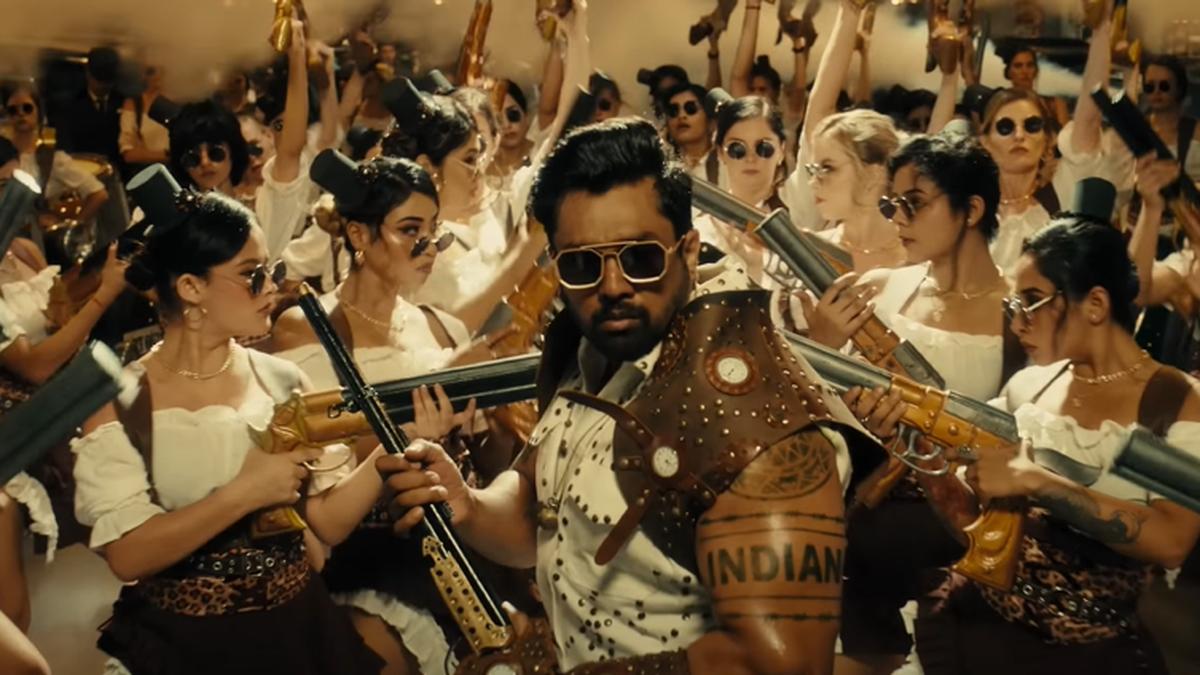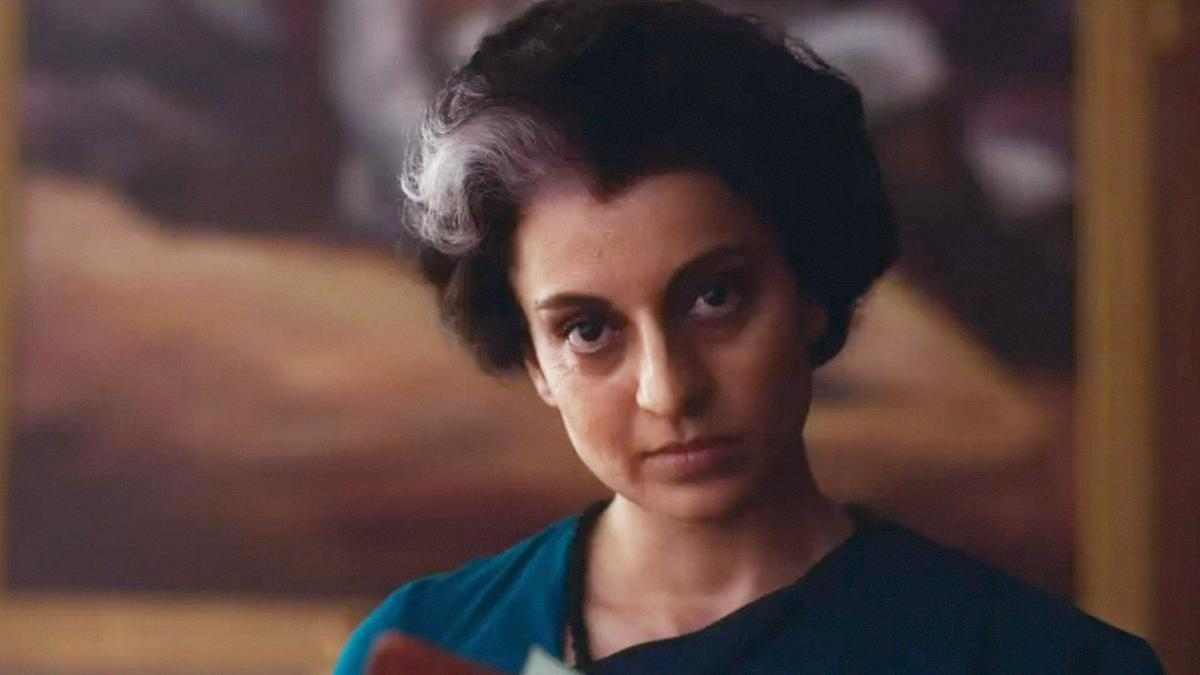
In a fascinating development within the Kannada film industry, the release of the much-anticipated action thriller “Martin,” starring Dhruva Sarja, has sparked an intense debate between filmmakers and YouTube reviewers. As the movie hit cinemas on October 11, 2024, tensions have brewed over online reviews, with some involving copyright threats and accusations of censorship.
“Martin,” directed by AP Arjun, premiered during the festive Dasara weekend and initially received a warm reception for its action-heavy sequences. However, the film faced criticism for the loud and exaggerated portrayal of its protagonist, played by Dhruva Sarja. Soon after its release, a series of YouTube reviewers, who wield significant influence in popular culture, encountered resistance from the film’s production team over negative critiques.
A notable incident involved a Kannada content creator who, fearing retaliatory action, cleverly avoided mentioning the film’s name, referring to it cryptically as “Mortien,” known to many as the brand synonymous with pest control products. Such caution reflects the growing anxiety among reviewers about voicing honest opinions without legal repercussions.
Prominent YouTube commentator Anmol Jamwal, who runs Tried & Refused Productions with 1.22 million subscribers, was contacted by a representative of the “Martin” production team. His review labeled the film the “Worst film of 2024,” and the email he received implied the potential for a copyright strike unless the post was removed. “The threat felt like intimidation,” Anmol revealed to The Hindu. Following the incident, Anmol decided to remove his review, stressing that such coercion was unprecedented in his career that spans nearly a decade.
Producer Uday K Mehta has defended the stringent measures, emphasizing his right to protect the film’s commercial interests. “I have acquired a John Doe order to initiate legal actions against any entity that I perceive as threatening my film’s success,” Uday stated, highlighting the producer’s responsibility to safeguard their investment.
.
The situation escalated further when Canadian YouTuber Shan Prasher criticized the filmmakers for breaching “YouTube etiquette” after receiving a copyright strike without prior warning, a procedure recommended by YouTube guidelines. “This constitutes an abuse of the system, infringing on freedom of expression,” Shan argued, noting he has filed a counter-notification awaiting resolution.
Uday Mehta counter-argued that the criticism extends beyond the bounds of professional review standards, attributing some of the hostility to rival fan groups and personal vendettas against film personnel. “It’s my duty to shield the movie from personal vendettas masquerading as reviews,” Uday emphasized.
Another YouTuber, Sudhakar Gowda of Srushti Entertainers, described receiving threats from Dhruva Sarja’s fans after posting a critical review, questioning the extent of his freedom to express personal opinions. “I’ve paid for my ticket and have earned the right to critique the film,” he mentioned, decrying the loss of constructive dialogue.
Director Arjun pointed out that while he respects YouTube reviewers, he perceives a growing trend of “paid reviews” and highlights the fallout from a similar controversy within the Malayalam film sector. Concerns over biased reviews led a Malayalam producer to court, advocating a temporary ban on reviews post-release, aiming to protect initial box office performance.
The tension reaches a broader context with directors like Karan Johar reportedly halting pre-release screenings due to similar fears.
Amid these controversies, seasoned Kannada reviewer Kairam Vaashi acknowledges the dilemma faced by filmmakers: balancing enormous investments against uncontrolled media criticism. “While it’s understandable to guard your work, one must not resort to bullying creators through power dynamics,” Kairam advised, urging a responsible approach to feedback.
Overall, the “Martin” saga emphasizes the rapid intersection of traditional filmmaking with modern digital platforms, and the conflict showcases the need for a balanced discourse where both creatives and critics coexist harmoniously. Many in the film industry call for Olaf acceptance of feedback, while others advocate for a middle path that respects both artistic integrity and journalistic freedom. As debates continue, emerging dialogues suggest a reevaluation of policies to foster a resilient cinematic ecosystem.










